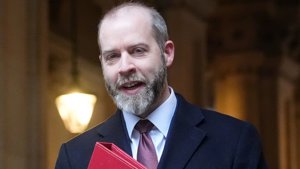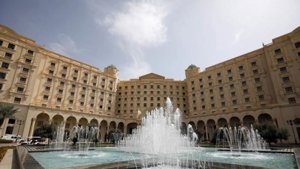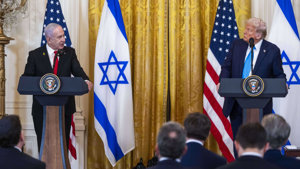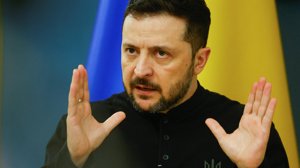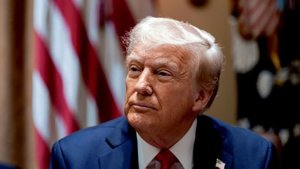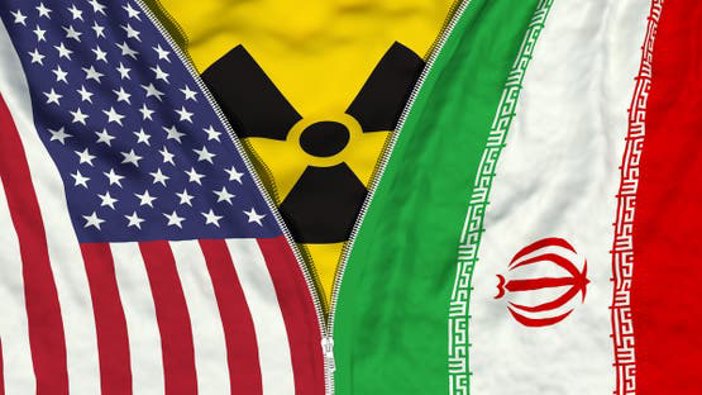
US Seeks Direct Nuclear Talks with Iran
The Trump administration is reportedly increasing pressure on Iran to engage in direct negotiations over its nuclear program, according to a senior U.S. official cited by the Wall Street Journal on Friday. The report outlines Washington’s desire to move beyond indirect talks, which have previously involved delegations housed on different floors of the same hotel passing messages back and forth.
According to the unnamed official, the U.S. seeks face-to-face discussions between high-ranking representatives of both nations, aiming to streamline communication and accelerate diplomatic progress. U.S. Special Envoy Steve Witkoff is expected to participate in the American delegation if talks proceed.
This push for direct engagement comes amid a sharp escalation in tensions between the two countries. Earlier in the week, President Donald Trump warned that the United States might bomb Iran if it does not agree to a nuclear deal. In response, Iran’s Supreme Leader Ayatollah Ali Khamenei issued a stern warning, promising a “strong response” to any U.S. aggression.
As diplomatic maneuvering unfolds, the United States has significantly bolstered its military presence in the Middle East. This move is seen as part of Trump’s broader strategy to exert pressure on Tehran and force a favorable agreement. The military buildup serves both as a deterrent and a demonstration of readiness should the situation deteriorate further.
The combination of increased military posturing and direct talk demands underscores the high stakes involved. With the potential for conflict looming, Washington appears determined to avoid prolonged standoffs and proxy discussions that have characterized previous rounds of negotiations.
Observers note that while Iran remains wary of direct talks, growing international scrutiny and regional instability may push both sides toward the negotiating table. However, success hinges on the ability of both nations to navigate deep-seated mistrust and competing agendas.
For now, the world watches closely as the U.S. ramps up its diplomatic and strategic efforts to contain Iran’s nuclear ambitions, hoping that dialogue—not confrontation—will ultimately prevail.

